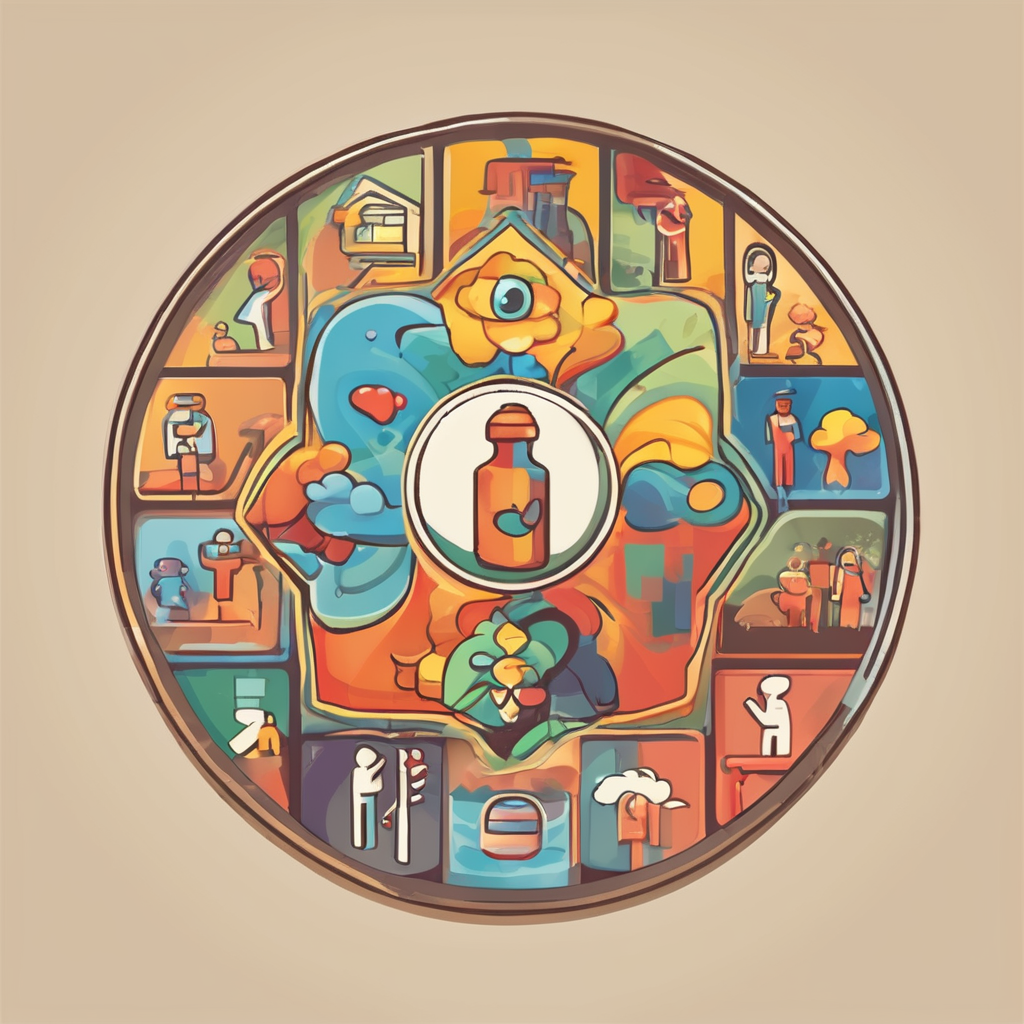Benefits of Joining a Senior Citizens Club
Being part of a Senior Citizens Club offers numerous advantages, particularly in enhancing social interactions. These clubs provide opportunities for socialization that can significantly reduce feelings of loneliness and isolation. Engaging in regular activities, such as group exercises, hobby classes, or cultural events, brings seniors together, fostering friendships and building social networks.
Community engagement is another compelling benefit. Senior Citizens Clubs often organize community events and volunteer opportunities, allowing members to contribute positively to society while staying active. Participating in such engagements offers a sense of purpose and belonging, which can be incredibly rewarding.
In the same genre : Exploring the Advantages of Mindful Eating for Senior Diabetics: A Path to Better Health
The sense of community within these clubs enhances emotional well-being and nurtures mental health. Social interactions and community engagement activities are known to reduce stress and anxiety, providing a support system where members feel understood and valued. This connection can lead to increased self-esteem and overall happiness.
Overall, joining a Senior Citizens Club helps seniors to enjoy a more fulfilling and connected life. Through the opportunities for enhanced social interactions and involvement in community engagement, these clubs deliver substantial benefits for emotional and mental health, making them a worthwhile experience for any senior citizen.
Also to discover : Empowering UK Seniors Over 80: Targeted Exercises to Boost Fine Motor Skills
Activities and Events Offered
Engaging club activities and social events are pivotal in enhancing the quality of life for seniors. Well-crafted Senior Events foster a vibrant and inclusive community environment. By participating in a variety of social activities, seniors can find companionship and stay connected, promoting overall well-being.
Regular Social Gatherings
Clubs often host regular social gatherings specifically for seniors, such as coffee mornings or themed dinners. These events provide a relaxed atmosphere where individuals can connect and engage in meaningful conversations. Regular social gatherings are essential in building and maintaining friendships, boosting mental health, and reducing feelings of isolation.
Hobbies and Interest Groups
Clubs are adept at catering to diverse interests with hobbies and interest groups. Whether it’s gardening, bridge, painting, or reading, these groups encourage seniors to explore and develop their passions. Engagement in such groups often leads to new friendships and shared experiences, enriching the lives of participants.
Educational Workshops
Educational Workshops are another key component of senior club activities. These workshops cover a vast array of topics, from digital literacy to health management, aiming to empower seniors with new skills and knowledge. By offering these learning opportunities, clubs help seniors stay informed and engaged with the ever-evolving world around them.
Building Support Networks
Support networks are vital for fostering a sense of belonging and promoting overall well-being. Clubs and social groups serve as excellent platforms for developing peer connections. These clubs often unite people with shared interests or experiences, thereby encouraging friendships. When individuals engage in activities together, they naturally form bonds based on mutual interests and understanding.
Being part of a club where members have common goals or challenges offers substantial emotional support. In these environments, sharing experiences becomes an essential part of the interaction. People offer each other encouragement and practical advice, which can be both uplifting and motivating. This mutual assistance helps individuals navigate personal and collective challenges while feeling supported and valued.
A reliable support system provides numerous benefits, including improved mental health and increased resilience. When individuals can depend on their network during difficult times, they tend to manage stress more effectively. Whether facing academic, professional, or personal hurdles, having people to turn to can significantly ease the burden.
In essence, support networks cultivated through clubs and social structures play a pivotal role in enhancing quality of life. They facilitate growth, foster emotional bonds, and create a sense of community that is indispensable in both good and challenging times.
Personal Stories and Testimonials
In their journals, many long-time members reflect on how their experiences have not only filled their days with activity but have also enriched their social lives.
Experiences of Long-Time Members
Long-time members often share touching testimonials citing that the club has become an integral part of their lives. Many seniors emphasize how the community fosters meaningful relationships and combats loneliness. For instance, Helen, a member for over a decade, talks about gaining a sense of belonging and forming lifelong friendships.
Impact on New Members
New members often experience a significant transformation upon joining. Personal experiences bring to light how this supportive atmosphere helps ease the transition into senior living. Members frequently mention an increase in social confidence and emotional well-being. Mike, a recent addition, states he feels part of an extended family, which alleviated his initial hesitation.
Success Stories of Social Engagement
Success stories abound, showcasing the profound impact of social engagement. These stories emphasize how members, through club activities, have built networks that go beyond typical social interaction. For example, several testimonials highlight how members have not only formed friendships but also collaborated on community projects, fostering a sense of purpose. Sharing such experiences illustrates how social clubs can significantly enhance the quality of life for seniors.
Mental Health Benefits
Engaging in social activities can significantly enhance one’s mental health and emotional well-being. Regular participation in community events and clubs is associated with positive social support, which plays a crucial role in maintaining a healthy mind. Strong social connections have been shown to lower rates of anxiety and depression, heightening a sense of purpose and belonging.
Recent statistics indicate that loneliness, a growing issue worldwide, can have adverse effects similar to those of physical health risks. However, involvement in social clubs can effectively address these concerns. By providing a structured environment for interaction, clubs promote routine engagement, combating loneliness and fostering emotional resilience.
Experts emphasize the psychological advantages of community involvement. Engaging in group activities enhances psychological well-being by offering a platform for sharing experiences, ideas, and support. These interactions contribute to higher self-esteem and better coping mechanisms during stressful times.
It is crucial for individuals to pursue community engagement and establish meaningful relationships to benefit their mental health. Joining a club offers an accessible solution for those seeking support and connection, thereby enhancing both personal and social life satisfaction. By prioritising social support, one can cultivate a more fulfilling life and improve overall emotional health.
Choosing the Right Senior Citizens Club
Navigating through the many options for joining a senior citizens club can feel overwhelming. Making the right choice involves careful consideration and evaluation.
Factors to Consider
When selecting a club, consider the compatibility with personal interests. For example, if you enjoy gardening, seek clubs that offer related activities. Likewise, assess the variety of programmes offered to ensure there is something engaging to participate in regularly.
Visiting and Trial Memberships
Taking advantage of trial memberships can be an excellent way to test the waters. This not only provides a glimpse into the club’s environment but allows potential members to interact with current members and experience club activities firsthand.
Community Feedback and Reviews
Before choosing a club, gather community feedback and read reviews from current and past members. These insights can reveal much about the club’s reputation and member satisfaction. Pay attention to tips about what to look for in a club, such as the friendliness of staff and the warmth of community, which greatly affects overall satisfaction.
Ultimately, a club that aligns well with personal tastes and provides enriching experiences can greatly enhance the social and recreational life of its members.











